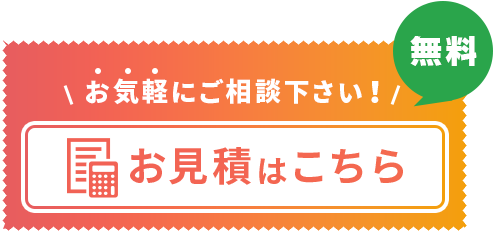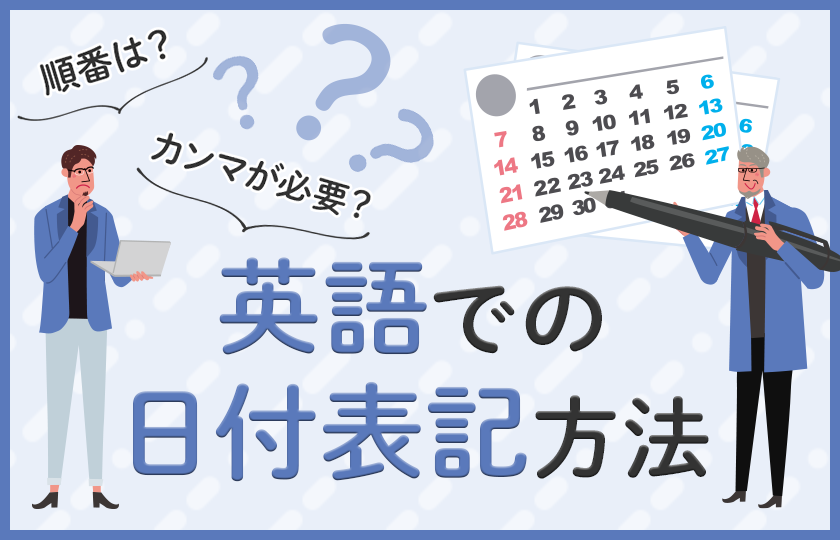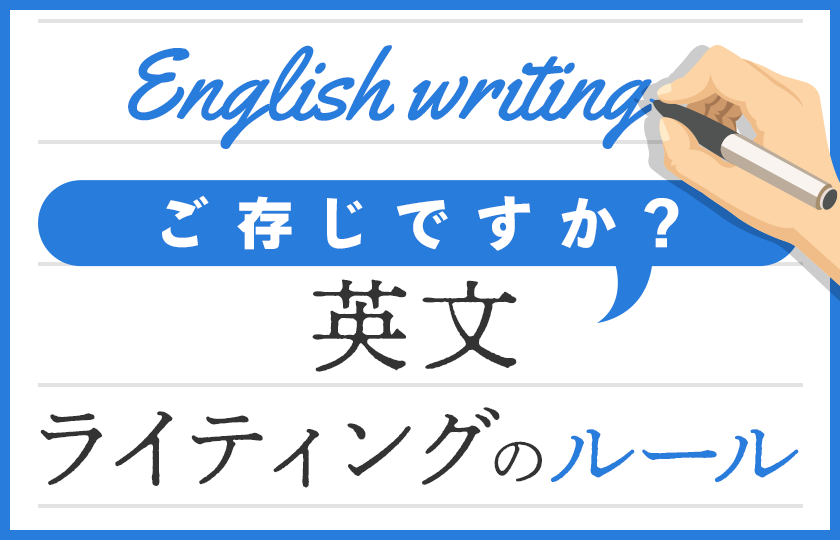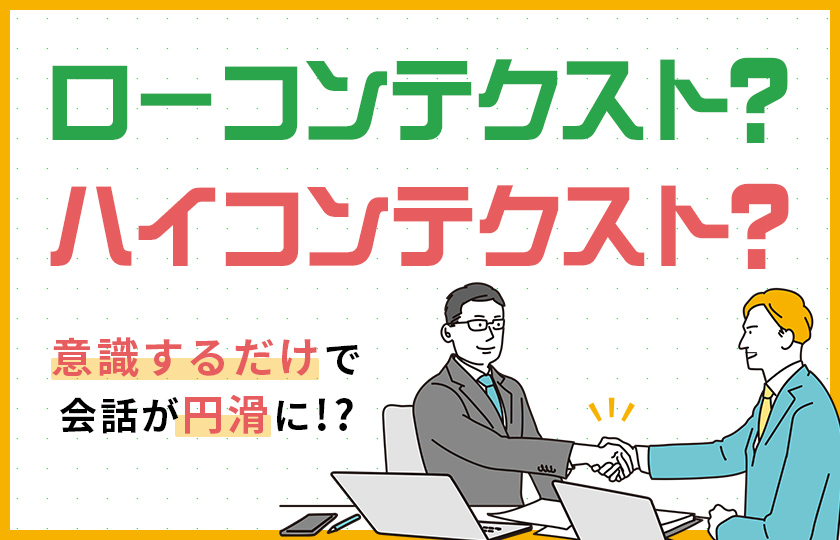Artists, Artisans, and Artificial Intelligence

皆さまこんにちは、日本翻訳センター広報担当Mです。
今回のブログは、
長年当社で英訳をお願いしているアメリカ人のSさんに寄稿いただきました。
Sさんはビジネス文書から機械系、経済系と幅広い分野を手掛ける
当社からの依頼がもっとも多い訳者の一人です。
AI翻訳の躍進により、
訳者としての業務領域が侵食され続けている昨今の状況に不安を抱える訳者も多いなか、
人手翻訳者としての矜持に満ちた力強いコメントをいただきました。
AI翻訳は人を超えることができない。
その明快な理由は・・・
本文をお読みいただければ幸いです。
↓ ↓ ↓ ↓ ↓ ↓
Artists, Artisans, and Artificial Intelligence
Language “art” can refer to the creative works of artists, such as poems, scripts, and novels, as well as the functional works of artisans, such as reports, essays, and manuals. Translation is also an art, and skilled translators can function as either artists or artisans in more than one language, as the situation requires. Artificial intelligence cannot do this.
The works of translators as “artists” are familiar to anyone who has watched a subtitled film or played a localized game, although they may not realize that an individual translator has transformed the original work into something new.
In an episode of the Netflix original series “Hibana: Spark”, a Japanese comic duo starts their standup act with a joke where the funny man Kamiya asks questions implying that the straight man Obayashi is a thief, to which Obayashi must answer “iie” (“no”), until he loses his temper at Kamiya. The second joke continues building on the first, as Kamiya makes statements seemingly taken from housing advertisements, and Obayashi must once more emphatically repeat “iie”, until he realizes it is actually a pun (as “ii ie” means “nice house”). This time, the translator chose to translate “iie” as “no way”, and write a whole new joke.
-It was once inhabited by Vikings.
-“No way.”
-It has a long, rich history of skiing.
-“No way.”
-Its fjords are extremely beautiful.
-“No way.” You mean “Norway”! 1
It might not be the funniest joke ever written, but it captures the essence of the original in its use of comedic devices such as repetition and timing. It also has a pun that works in English, and builds on the first joke in the comedy routine, so it fits seamlessly into an otherwise directly translated script. Other translators could have come up with countless ways to translate the same joke to good effect, but artificial intelligence would have certainly produced a humorless direct translation.
In contrast to this, the works of translators as “artisans” are usually much more faithful to the original text, but altered subtly to impart the appropriate nuance. This is especially important when the original author was not aware of how their well-intentioned writing would appear to audiences in different cultures or circumstances.
A contemporary example of this is a change made by Emperor Naruhito of Japan to the proclamation he read at the opening ceremony of the postponed 2020 Tokyo Olympics. The Olympic Charter, originally written in English and French, stipulates the exact wording to be used by a head of state when opening the Olympic Games, and Emperor Naruhito’s grandfather Emperor Hirohito (posthumously named Emperor Showa) followed the standard Japanese translation of the script at the 1964 Tokyo Olympics. It uses the word “iwau” (“celebrate”), which seemed inappropriately cheerful in 2021 given the public’s concern that the Olympic Games could further hasten the spread of COVID-19 inside Japan. Instead, Emperor Naruhito chose to use “kinen suru” (commemorate), a more neutral expression befitting the solemnity of that year’s games.
“I declare open the Tokyo Games, commemorating the 32nd Olympiad of the modern era.” 2
Emperor Naruhito enjoyed great acclaim for his choice of words, as one would expect for such a high profile speech, but typically alterations made by translators go totally unnoticed. Of course, that is the goal most of the time, to compose a translation so well that the audience does not feel like they are reading a translation at all. Artificial intelligence cannot make these little touches, so machine translations often appear stilted or out of place, even when it is lucky enough to avoid making any serious grammatical errors.
Since the early days of the Internet, people have been sharing pictures of so-called “Engrish”, examples of poor Japanese-to-English translations displayed in public, which have become extremely common thanks to web translation tools such as Babel Fish and Google Translate. It is difficult to say whether any given example of Engrish is the work of a machine, but one of my favorites really shows how a single inappropriate phrase can make an otherwise acceptable translation sound absurd. At a hot spring hotel somewhere in Japan, a visitor took a picture of a sign stating a single rule for using the facilities.
“Please refrain from taking a bath when you are dead drunk.” 3
Of course “dead drunk” sounds ridiculously exaggerated, but even “drunk” on its own is a poor choice for a sign intended to be read by the honored guests of a hotel. A good translator probably would have chosen “inebriated” or “intoxicated”. The awkward change of tone from the beginning to the end of a single sentence is a dead give away of machine translation.
Despite the fact that systematic translation has been studied for more than a thousand years, and fully automated machine translation has been under development for almost a century, how is it that machine translation remains so woefully inadequate? I think the answer is glaringly obvious. Most humans need a decade of childhood to grasp the basic grammar and vocabulary of their native language, another decade of adolescence to learn the many contexts in which that language is used, and decades more of communicating in different scenarios and media to master that language, never mind experiencing the rest of life and learning other languages. Narrow artificial intelligence as it exists today simply consumes vast volumes of text as input, with no lived experience in which to frame all that information. It cannot have the emotional experiences that inspire the creativity of artists, nor can it have the professional experiences that inform the sensibility of artisans. Perhaps one day general artificial intelligence will breathe life into androids and enable them to experience life and language in the same way as humans, but until then I am confident that translators will keep doing what transistors cannot.
Citations
1. Kato, Masato and Takahashi, Miyuki (Writers). Hiroki, Ryuichi (Director). Mullane, Chad and Ireton, Matthew (Subtitles). Episode 5 (S01E05) [TV series episode] in Okamoto, Akihiko; Yoshizaki, Keiichi; Lee, David; Ueki Noriyasu (Executive Producers), 火花 (Hibana: Spark). Netflix. June 2, 2016.
2. Denyer, Simon and Lee, Michelle Ye Hee. Japan manages a forced smile at its lonely Opening Ceremonies, but Olympic joy is in short supply. The Washington Post. July 23, 2021. https://www.washingtonpost.com/sports/olympics/2021/07/23/japan-opening-ceremonies-olympics/
3. Author not listed. 外国人観光客が失笑する「街で見かけた直訳しすぎの和製英語」 (“Directly translated Engrish seen around town” that made foreign tourists giggle). Nikkan SPA!. February 21, 2016.
https://nikkan-spa.jp/1040012/2
Contact Us お見積もり・ご相談・翻訳者登録
お見積り依頼を頂いた翌営業日中に担当者からご連絡します。









